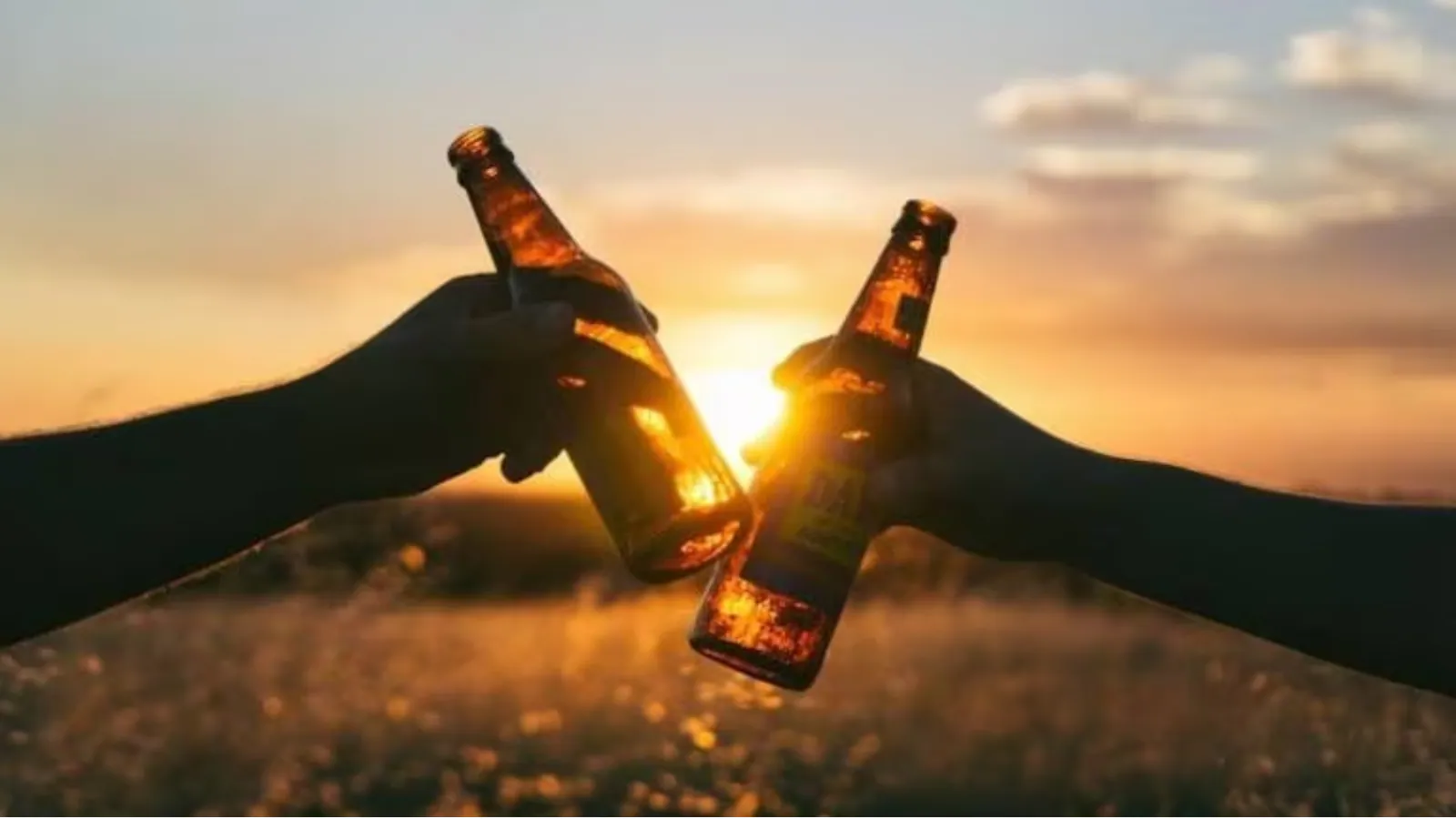
In my last column, I shared some of the responses I received to my question about belonging, and I introduced the concept of othering. I gave examples of generational othering and some of the mirrored feelings that members of each generation shared in their letters. So many of you wrote back to share where you are in your own journeys of belonging, and today I will cover the other responses I received.
Let’s pick up where we left off with stories of othering. Many of you wrote to me after the last column. Some simply wanted to thank me for helping you notice moments where you had unconsciously othered someone, or where you had felt pushed to the outside yourself. One reader described running for office in the 1970s at just twenty years old, and being told he was “too young” and didn’t belong. From that day forward, he decided that wherever he stood was exactly where he belonged.
There were stories about the sharp edges of bias. A nonbinary person who is often assumed to be a binary woman wrote about being dismissed as “too emotional,” yet also criticized as “too assertive” — forever caught in the assumptions attributed to gender, never simply recognized as the skilled and caring leader she is. Another reader told me about straddling rural and urban, conservative and progressive worlds, and how people still reach unanimous agreement on issues like water rights by building trust through acknowledging that everyone belonged and respecting each other’s differences.
Others shared the pain of daily reminders that they are seen as “other.” A longtime resident who came from Haiti as a child told me that even after 18 years as a citizen, he’s still asked almost every day, “Where are you from?” — often interrupting him while he’s saying something important. He’s from here. This is his home.
These stories highlight how othering is the process of seeing or treating people as fundamentally different, lesser, or outside of an in-group. It often starts small: our brains are natural sorters, placing people into neat categories of “us” and “them.” That sorting can tip into bias, and bias can quietly grow into othering. Bias is the story we write about someone before they’ve had the chance to speak. We all do it to some degree. Add fear about safety, jobs, or culture, and whole groups get painted with a single brush. Layer on history and institutions, and othering becomes a wall that divides communities.
Cultivating belonging has the power to dissolve bias in the very first moments we meet. When we pause long enough to notice each other’s worth, beyond labels, beyond assumptions, we open the door to truly seeing one another. As a dear friend said recently, “Belonging is not about similarity, it is about safety. It is not about how much we share, but how freely we can show up.”
Sometimes, even an act of inclusivity can unintentionally make someone feel othered. I once went on a first date, and the next day he began texting me in Spanish, telling me that his best friend in high school was “Hispanic.” English is my dominant language, but he assumed Spanish was a better way to connect with me. What he meant as an act of inclusion landed as othering. I explained why, and to his credit, he listened with curiosity and understood how his actions had the opposite result he had hoped for. We discovered we had a lot in common, and we became friends for a while. But I was no longer interested in dating him.
Years later, I dated someone who was learning Spanish — not to impress me, but because it mattered to him. He never asked me to teach him, but I offered “Spanish-only hours” anyway. It felt easy, even joyful. He didn’t treat my language like a shortcut to intimacy; he saw me, all of me, and that made all the difference. And yes, we ended up friends too. I guess if you dated me and we practiced Spanish together, there’s a 90% chance we’re platonic now.
Some of you asked for advice on what to do when being othered. A few years ago, while co-authoring graduate courses on compassion and dignity, I participated in a worldwide broadcast with His Holiness the Dalai Lama. I asked him how compassion can be part of social justice work without condoning harmful behavior. His answer was simple: “Compassion and honesty go well together.” Being honest with someone about how their behavior impacts you can be powerful when that message is delivered with compassion. That teaching reshaped how I respond when I feel othered. Perhaps I should have also asked for dating advice.
Some letters insisted certain groups don’t belong in Boulder. But no one is only one thing, and reducing people to a single identity — especially one we don’t share — is where division begins. I’m a cisgender Black-Latina woman, an American, a mother, writer, leader, singer (bet you didn’t know that one), friend, daughter, sister. You are many things too. Every group we might be tempted to exclude carries identities we share — parent, neighbor, dreamer, worker. The truth is simple: we all belong, whether wealthy or struggling, whatever our values, language, birthplace, or status. In a community, no one has the right to cast another out. And if writing it 100 times helps, grab a pencil: We all belong. We all belong. We all belong. (Yes, I’m old enough to remember those exercises.)
I know it’s not always easy to recognize that we all belong. But it has never been more important for us to start trying. And it starts right here, with seeing one another beyond the lens of a single identity and looking for the things we have in common.
Many of you asked how to help others feel like they belong. Here are some tips:
• Lead with curiosity, not assumptions. Instead of guessing someone’s story, invite them to share it in their own words. Curiosity opens doors; assumptions build walls.
• See the whole person. No one is all of one thing. We’re neighbors, parents, children, artists, leaders, dreamers. Seeing the whole picture of who someone is, instead of just one facet or identity, helps us connect more deeply.
• Make space. Notice who hasn’t spoken yet or who might be on the margins, and invite them in with a simple, “What do you think?” As one reader put it: “Simply ask my advice or opinion.”
• Use the language of welcome. Small phrases like “I’m glad you’re here” or “You belong in this space” can turn a gathering into a community.
• Pause your reflexes. Bias shows up in split-second judgments. Slow down and ask: “Would I see this person differently if they looked or sounded different?”
Thank you for sharing your stories, your wishes, and even your frustrations. Local artist Joy Redstone says, “If I don’t tell you my story, how will you know you are not alone?” Each time I share one of your stories, someone else feels less alone. That’s why I share my stories too.
In my next column, we’ll explore compassion — how natural it feels with the people we love, and how hard it can be to offer it to those we struggle with, and to ourselves. This week’s question: When has someone shown you compassion, and where do you struggle to offer it to yourself?
Jovita Schiffer is a community builder and former State Senate candidate who creates programs that center equity, belonging, and community resilience. She lives in Boulder County and believes in the power of compassion and brave conversations to bring people together. Email: dearboulderjo@gmail.com.



